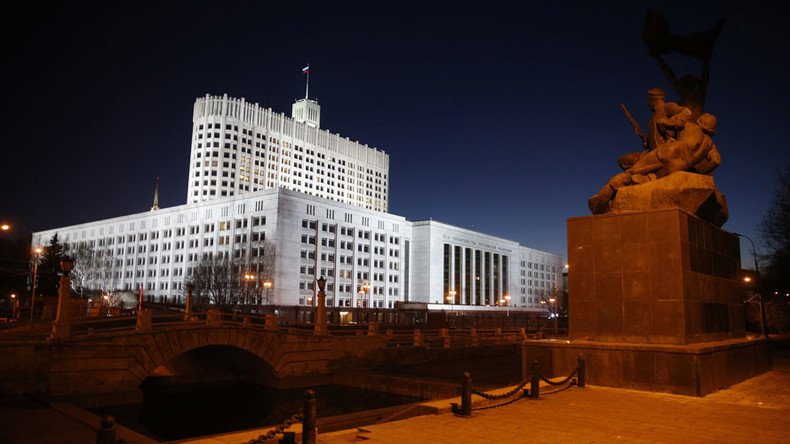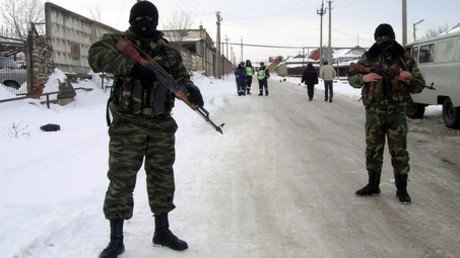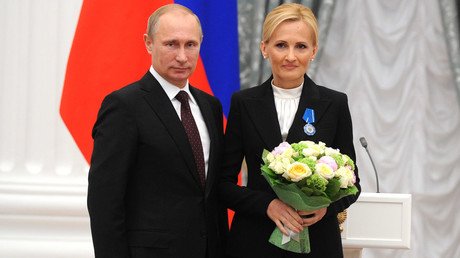Russia mulls probation after prison to deter convicted terrorists from reoffending

The Russian government has prepared a bill introducing probation for criminals convicted of extremist and terrorist offenses even after they have finished serving their prison sentences in a bid to prevent them from returning to dangerous activities.
The draft, prepared jointly by the Interior and Justice Ministries, would require ex-convicts to check-in with police several times a month. The new proposal would not restrict their travel, however, as they can register at police stations in any part of the country. If the draft is passed into law, the rules would apply to people convicted of terrorist and extremist crimes, as well as those that have done time for the murder or attempted murder of a cop, state official, judge, or politician.
The amendment would require ex-cons to register at police stations close to where they are physically located, as many don’t have an official permanent residence after being released.
“Our analysis has shown that a lot of people who get convicted for extremist crimes never get on the path of correction and don’t stop their extremist activities after they get out of prison. About 70 percent of the supporters of radical groups engage in extremist acts after being released from penal institutions,” reads an explanatory note attached to the bill, whose sponsors also note that extremist crimes are on the rise, increasing from about 1,000 in 2009 to over 1,500 in 2013.
The bill is expected to be submitted to the Lower House before the end of April.
In mid-2016, President Vladimir Putin signed a package of bills into law designed to deter terrorism. The new laws impose harsher sentences on those convicted of terrorism-related crimes, while requiring communications companies to record and store information on their clients’ data traffic, as well as actual records of their phone calls, messages, and transferred files. Another amendment metes out large fines or long prison terms for publically calling for or justifying terrorist acts, including via the internet.
The new law also lowered the age at which suspects can be charged with terrorist crimes from 16 to 14.
Many aspects of the new legislation sparked fierce public debate, and some of its initial provisions were removed during State Duma hearings. Russia’s four biggest cellular providers addressed lawmakers in an open letter, complaining that it would cost them tens of billions of US dollars to comply with the new demands, with no compensation from the state.
As a result, along with the anti-terrorist amendments, the president signed a decree ordering the government to carefully monitor the implementation of these new laws and, if necessary, take measures to minimize the financial burden they impose on the business community.














